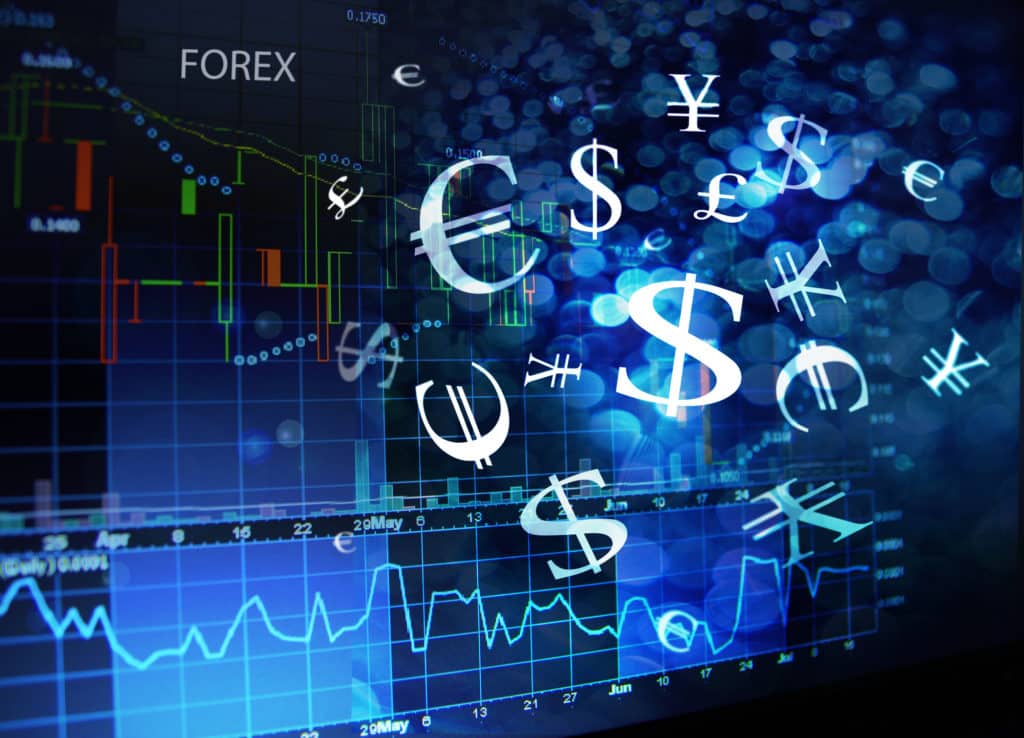
DIRECTOR OF TRADING CITES THE “CONSTANT BALANCING ACT OF EXECUTION VS NON-EXECUTION WORK” AS AN ONGOING CHALLENGE ON THE TRADING DESK.
With Nathan Vurgest, Director of Trading, Record Currency Management
Briefly discuss your career background and current role/responsibilities.
I started my career on a graduate scheme at a large bank. It was not, however, a market-focused role, and I always wanted a job that aligned more with the wider economic, political and financial world. I therefore took the opportunity to sidestep careers within the industry and move to Record as a junior trading analyst. The trading team at Record has mostly been four to five people, so opportunities for progressing your career came as people moved around and you showed a desire to add value to processes and take on more responsibility.

Nathan Vurgest, Record Currency Management
As I lead the trading team at Record now, I am responsible for the company’s executions, yet at Record it has always been an interesting and diverse role because the trading team’s remit is so much wider than just execution. The team is responsible for all trade cost analysis (TCA) and the technology development of the trading function, and we also play a big part in counterparty onboarding, client interactions, product development and credit risk, to name a few.
How have you been able to reach a Director of Trading role at your relatively young age, and do you find your youth to be an advantage / disadvantage at all?
The senior managers of the company backed me, as I would like to think that I showed that young age is not a negative, it is instead a positive, as what comes hand-in-hand with youth is an energy and an embrace of evolving and developing processes.
I think being young in a multi-generational organisation is a benefit, as it brings a fresh perspective while building on the existing experience and culture. I would like to think that my team are all friends as well as work colleagues, and this helps with the intense demands expected of them. Being young also means that you have not been too frustrated yet by the financial industry’s various inefficiencies, such as heavy regulation, slow-moving technology, and behemoth organisations.
What is the profile / capabilities of Record Currency Management’s trading operations?
We are a broad and therefore highly skilled team. We are not only responsible for all of Record’s execution, but within the team we have traders who are also specialists in other areas, such as data analysis, counterparty onboarding, development, ESG, etc. Each trader can do all execution requirements within the team, and the specialisms come from the ancillary work.
What are the biggest challenges / ‘pain points’ for a buy-side FX trader currently?
The constant balancing act of execution vs non-execution work. For example, the ‘value add’ outside the team would be new development of streamlined workflows, new analysis tools, contribution to clients’ interaction, etc. Yet the focus and by far most important job of the team is optimal execution. So the efficient allocation of time and resource becomes a priority.
What are the most promising industry initiatives underway that can improve liquidity sourcing and trading efficiency in FX?
New execution venues come and go, but the real value add in my opinion will be when execution venues can combine and link up data, analysis, AND execution. A number of venues seem to be making headway towards this mythical Valhalla. 360T, for example, have strong market data, but are now increasingly focused on integrating their data with their execution platform. I like where this is going.
What initiatives (technological or otherwise) has your team recently completed, or do you have underway currently?
The first main initiative is auto execution. As traders are increasingly required to be strong data analysts, it makes sense to have execution evolve in line with this and be driven by high-quality data. The auto execution project we are working on aims to take the onus away from humans at the point of trade in certain situations, and instead move the onus on to machine-based intelligent decision making.
A second initiative is our focus on providing enhanced solutions to asset managers as a particular client type, over and above hedging. We are increasingly seeing our services valued as not just a passive hedger, but as a solutions expert, with specific focus on programme design for liquidity management, and enhanced performance reporting to match this.
Which broad market / macro factors are most impactful for your trading desk, and how have you responded?
The general downgrading of bank credit ratings recently, especially US ones. This has required the analysis of other more short-term, enhanced credit metrics, as well as more communication around the business and to clients. We focus on constantly evolving and evaluating bank panels, to ensure diverse bank panels and therefore unaffected execution through different market environments and periods.
What regulation(s), either in place or pending, are most impactful for your trading?
The new SA-CCR regulation being implemented is one that had a large effect on us, as it affected many areas of work within the team.
The rule requires:
• Much more in-depth bespoke data analysis and TCA;
• Stronger and more frequent links with client teams, and more presentations to clients;
• Increased dialogue and relationship management with counterparties, to ensure continual feedback with how banks are managing the situation to us as a client;
• Constant evaluation (and potential adjustment) of bank panels, to ensure diverse bank panels and therefore unaffected execution through different market environments and periods.
How critical is automation for your trading operations, and what are you doing in this area?
Automation is not critical for us right now, but we expected it will be in the future. As part of our growth, we are helping clients run FX portfolios with increasing granularity and breakdown of positions, which in turn is driving the volume of trades. Automation is therefore important, as we want to offer high-quality execution, as well as a high-quality service to the client beyond execution, all for a competitive fee.
What is the optimal skill set for the FX trader of today (and of the future) – and how is Record developing these traders?
The optimal trader is someone who can show a high level of analytical intelligence and confidence to be execute intelligently, yet can very importantly contribute outside of trading. The ratio of work and resource that goes into trading, that is not actually trading is very high. Systems, infrastructure, data visualisation, data storage, data analysis, relationship management, market analysis, hiring, management, leadership, resourcing, process, workflows, etc., is all thought about with optimal execution in mind, yet of course is not actually execution!
What is the future of FX trading – and what is in your future?
The future is having execution specialists, who can monitor and have more of a focus on tweaking execution parameters based on sophisticated data analysis, rather than the focus being on individual trades.
My future personally is probably stepping further away from day-to-day execution to become a representative of the trading function. This would mean being more linked up with PMs, development teams, client representatives, and end clients, to ensure that the trading function is harmoniously aligned with clients, markets, PMs, and commercial objectives, and can rapidly evolve with the marketplace’s evolution, the business and its clients’ demands.
This article was first published by Global Trading




